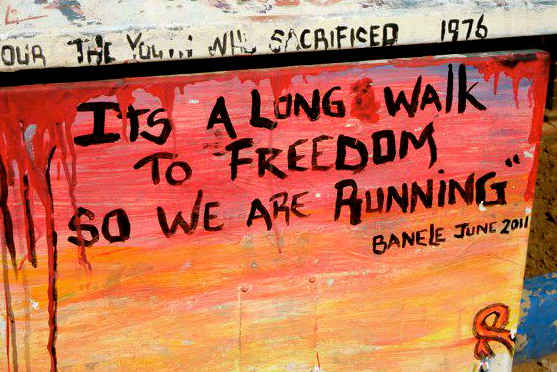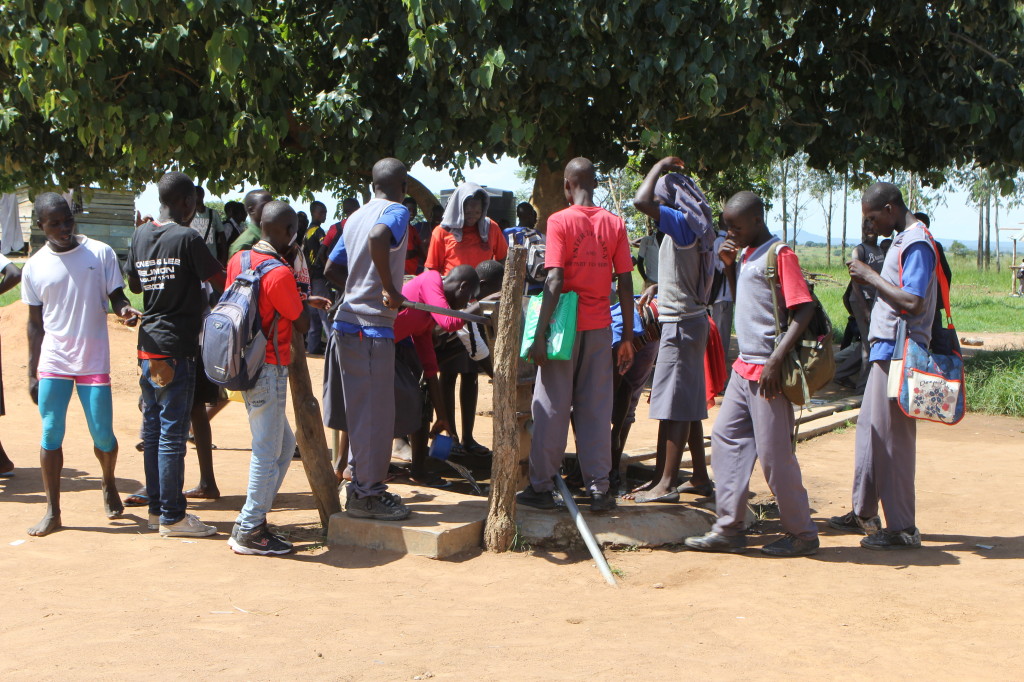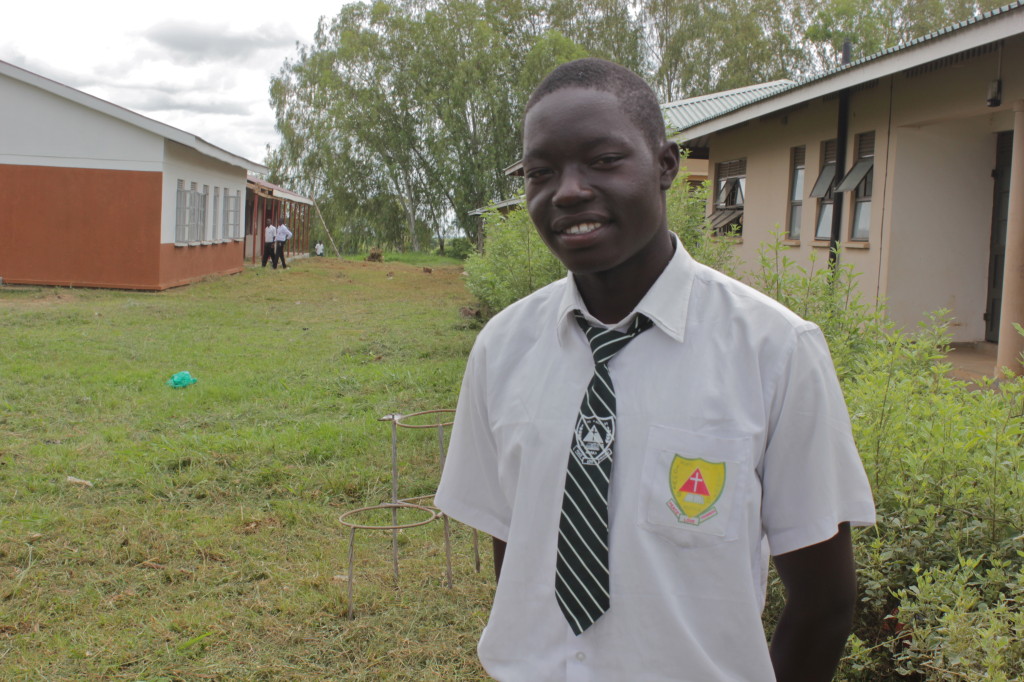On June 16, 1976, thousands of schoolchildren peacefully took to the streets of Soweto, in Johannesburg, South Africa. This protest, later known as the Soweto Uprising, has been memorialized as the Day of the African Child ever since 1991. It serves a reminder of the constant need for improved education services for children across the African continent.
The Day of the African Child memorializes a peaceful protest where black South African youth were demanding better educational standards as well as the right to be taught in their own language. During the protest, police opened fire on the crowds of young people, killing over 100 people and leaving over a thousand injured during this protest and the others in the weeks that followed.
This year’s theme is “a child-friendly, quality, free, and compulsory education for all children in Africa.” This emphasizes a renewed commitment towards progress and equality of opportunity and reminds the global community of the need to develop stronger policies to support youth.

This street art in Johannesburg, South Africa is located near the street corner where the first youth was killed during the Soweto Uprising.
Increased access to high-quality education has been one of our top priorities at Invisible Children. We have awarded over 6,000 annual scholarships so young people can attend school. Our target continues to be vulnerable students who felt that they had no hope, but who recognized that education could put them on the path to success. Without the financial support and mentorship provided by Invisible Children, it is likely that many of our Legacy Scholarship Program (LSP) students, despite the potential they have, would have had no way of achieving post-primary education and the futures they are capable of.
Ojik Santo, an LSP beneficiary, is interested in reaching university. He believes that, while he may perform well in many subjects, it is better to pursue what makes you happy. He also says that he thinks he would be home farming in his village if it was not for his scholarship. Instead of digging in the garden, he is working with many students, teachers and members of the administration as Head Boy at his school.
“I want to be a lawyer. I can do physics and biology well but they always say you have to follow your heart,” he said.
As Head Boy, Santo believes that the leadership opportunities he has gained throughout secondary school will prepare him well for his career goals.
Invisible Children also supports nearly 10,000 students across the region through our work with 11 partner secondary schools Schools for Schools (S4S) program. Invisible Children worked with communities to decide how funds should be spent on improving school infrastructure while also developing trainings to ensure that the skill sets of those working at or attending the institution are also enhanced.

Following athletic activities, the borehole at Pabo Secondary School is a favorite spot for students. It was drilled by the Schools for Schools Program.
Today, we embrace the idea that not all learning takes place inside of a traditional classroom and that Uganda’s youth will thrive if students demonstrate a wide range of skills. Since many are in need of psychosocial and sustainable economic support, we are committed to increasing the capacity of communities by harnessing existing livelihood opportunities for rural committees and LRA escapees.
We honor the Day of the African Child especially for East and central Africa’s youth as well as those who had their livelihoods and education interrupted as a result of the LRA conflict. At Invisible Children, we remain steadfast in our commitments to ensure that vulnerable youth continue excelling through enhanced learning environments, scholarship opportunities and future endeavors.
The youth killed during the Soweto Uprising never had the chance to pursue quality education, but we have an opportunity to honor their legacy and ensure opportunities for future generations of young people across Africa.

Think people should hear about this?